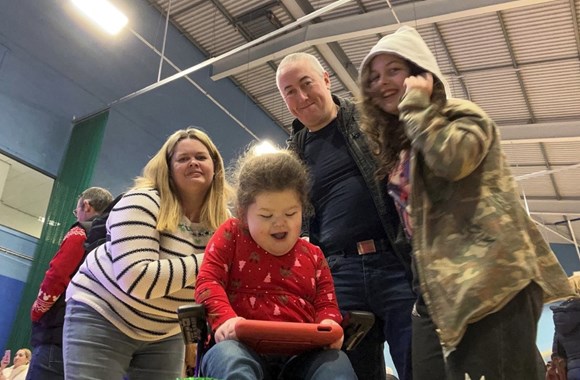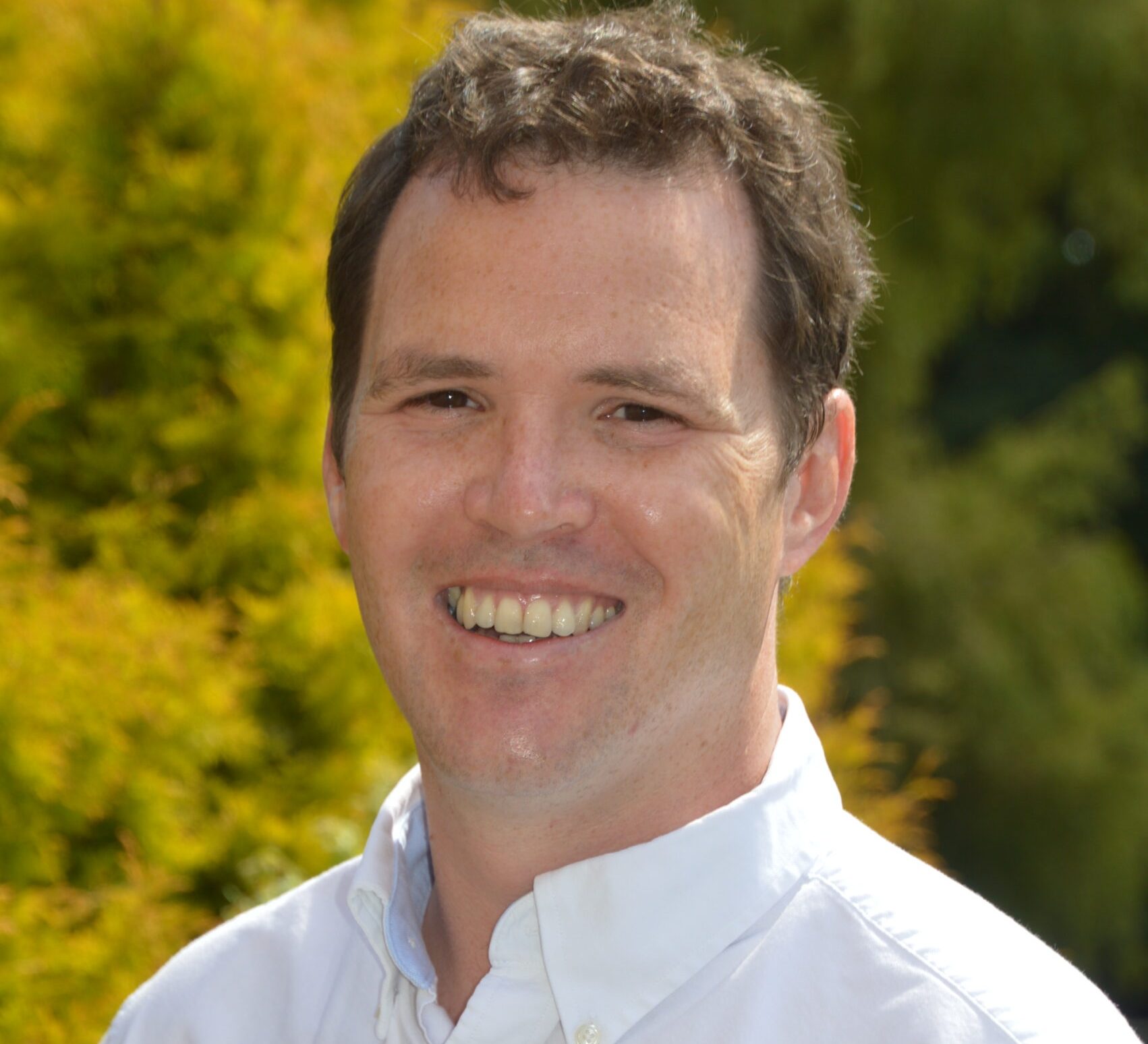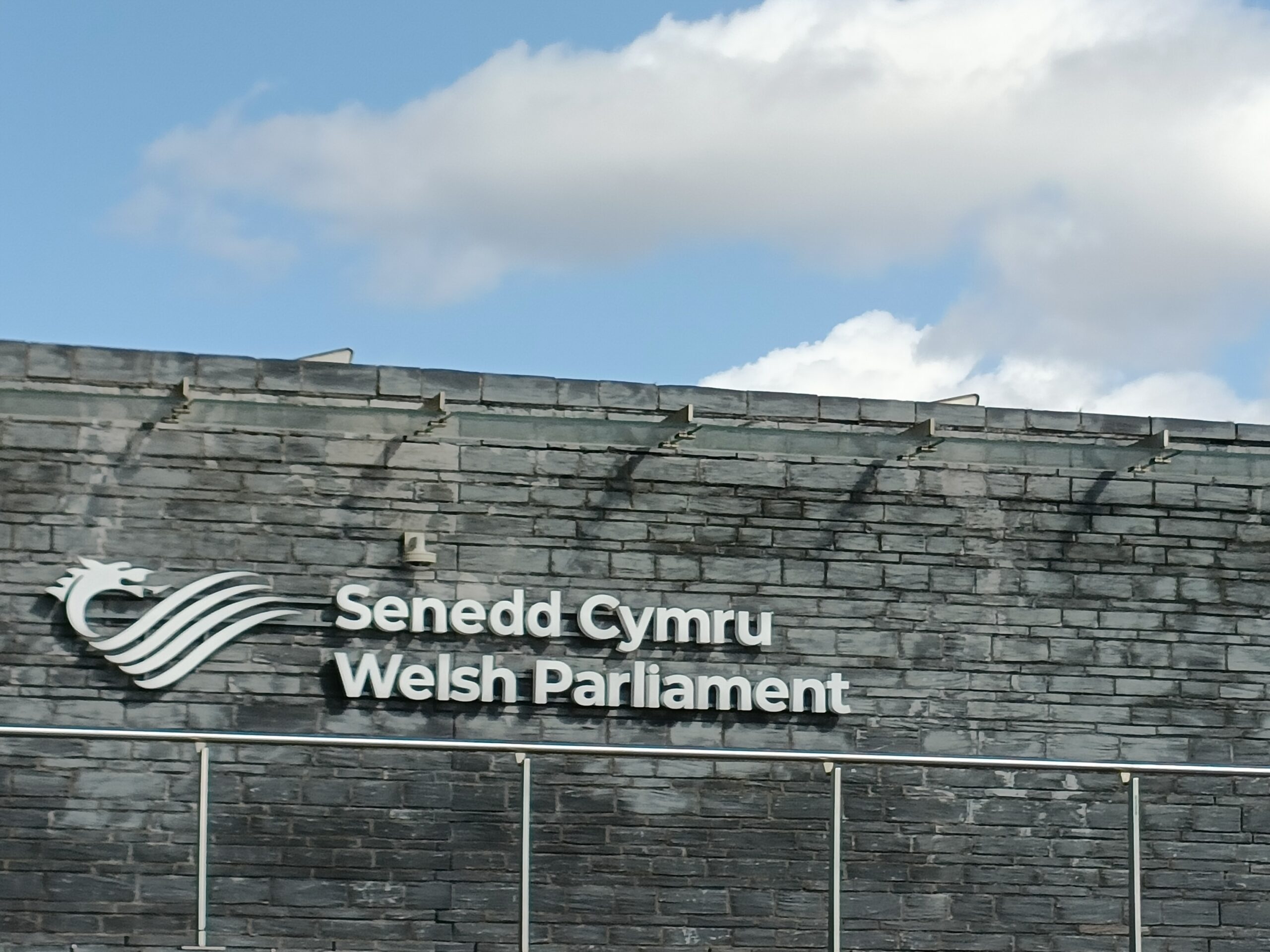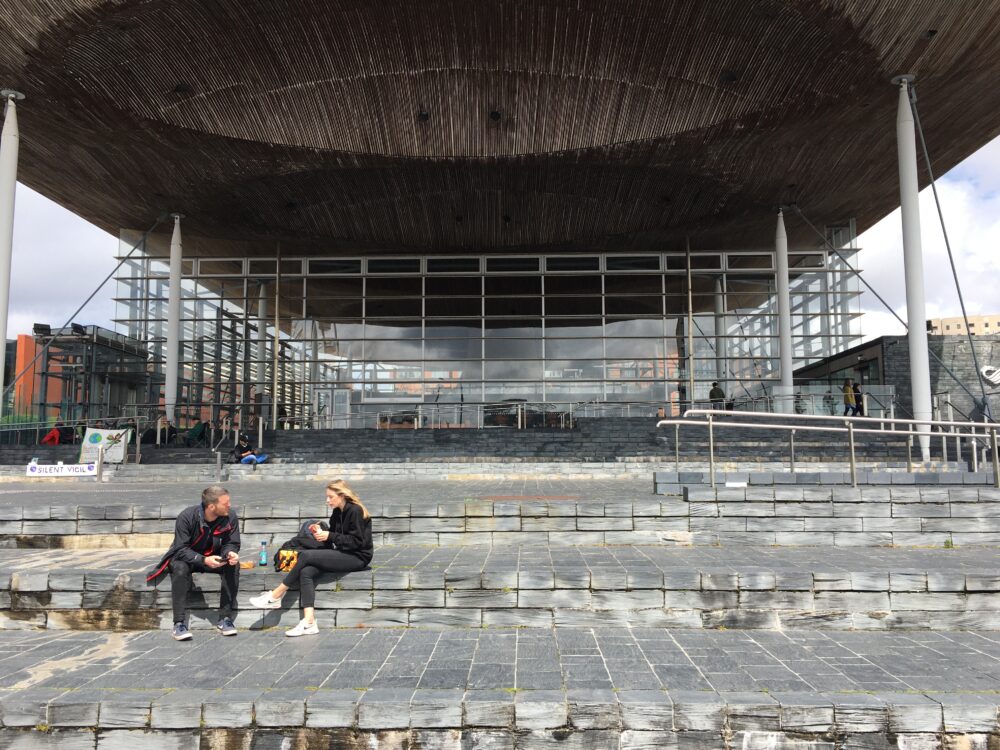The development of a new app, which allows users to share their health profile and potentially draw attention to rare or complex medical conditions with health services, both in the UK and abroad – like a passport – has been highlighted on Rare Disease Day by Health and Social Services Minister Eluned Morgan.
The Care & Respond app has been developed in Wales with Welsh Government funding to support clinical decision making in cases of emergency and other time critical situations.
It is hoped it will also improve coordination of care for those affected by rare diseases, like the Swan family from Caerphilly.
Their daughter, Lucy, has Snijders Blok Fisher Syndrome, a neurodevelopmental disorder which sees her suffer with hypotonia and sensory processing issues among other things.
For years they had no name for the syndrome affecting her, which left them feeling isolated and alone.
Lucy’s mum Claire said:
“The awareness around undiagnosed and rare genetic conditions is very minimal. It would have helped my family and many families before and after mine if the understanding was increased. I am also sure this would aid a smoother process for families and enable faster diagnosis.
“After fighting for what felt like forever we finally had a diagnosis for our daughter’s ultra-rare genetic condition. This is something some families never achieve. I couldn’t help but cry.”
The Welsh Government is also lighting up its Cathays Park building this Rare Disease Day to raise awareness of the event and its work to improve the lives of those living with rare conditions.
Health and Social Services Minister Eluned Morgan said:
“Rare disease patients and their families can face a lifetime of complex care. Living with a rare disease can also have a huge impact on education, financial stability, mobility, and mental health.
“It is vital we include the voice of rare disease patients when developing wider health and social care policy.
“I am delighted the Care & Respond app is being developed and I am confident it will streamline communication and understanding around conditions for both users and health professionals.
“Our new Innovation Strategy, Wales Innovates launched yesterday and this is a fantastic example of what can be achieved through this strategy and collaborative working.”
The Welsh Government is currently implementing the Wales Rare Diseases Action Plan, and funding the UK’s first SWAN (Syndrome Without a Name) Clinic, based at the University Hospital of Wales, in Cardiff.
The Minister for Health and Social Services, Eluned Morgan, added:
“The SWAN clinic brings hope and reassurance to families, offering a ‘one stop shop’ with access to specialists and cutting-edge investigations. This is a huge step to shortening the time people are living with an undiagnosed disease.
“We are also the first UK nation to offer genome genetic testing to very ill children and the first nation to appoint a national clinical lead and an NHS programme manager to support the implementation of our Rare Diseases Action Plan.”
Please donate here: Support Carmarthenshire News Online Thank you for supporting independent journalism and contributing to the future of local news in Carmarthenshire. Carmarthenshire News Online has been dedicated to providing unbiased and trustworthy news, free from commercial or political influence. By donating as little as £1, you can help ensure the continuation of this important source of information for the community. Your contribution will have a significant impact on the sustainability of independent journalism. If you're looking to enhance your brand's visibility, we also offer advertising opportunities on our Livestream and podcasts. Our special offers provide excellent value for reaching our engaged audience. To learn more about these opportunities and to discuss your advertising needs, please feel free to call or text us at 07308598604. Thank you again for your support, and together we can ensure the availability of quality local news for Carmarthenshire and beyond.
Please donate here: Support Carmarthenshire News Online









